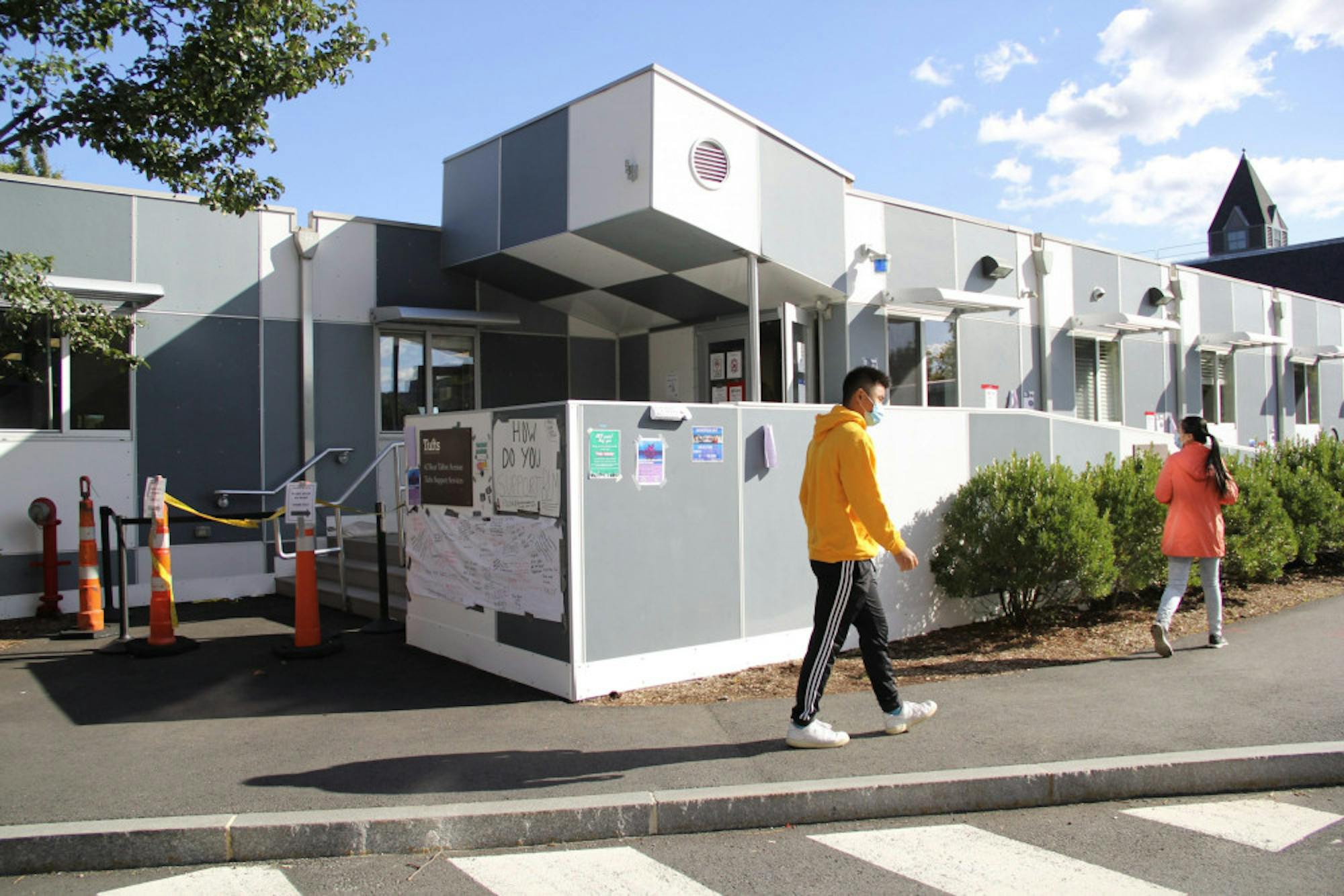As COVID-19 vaccine distribution unfolds, many see a glimmer of hope in what once looked like endless darkness. Family gatherings, community events and face-to-face interactions are beginning to seem possible once again. However, with this possibility comes a host of questions about access to the vaccine. Who should be the first to get vaccinated? Who counts as eligible or high risk? Will those with privilege have easier access to the vaccine? As the answers to these questions solidify here at Tufts, community members anxiously await the arrival of the vaccine. Even as many unknowns persist during these early stages, Tufts has been thoughtful and transparent about its vaccination plans and should continue this trend as the rollout proceeds.
Michael Jordan, university infection control health director, sent an email to the Tufts community on Feb. 1 indicating that the university is doing everything it can to get its students vaccinated. In keeping with Massachusetts state guidelines, Jordan wrote that the majority of the Tufts community will fall into the third phase of vaccine distribution, which includeshigher education workers and the general public. This phase is likely to begin in April.
Despite this promising news, the university made it abundantly clear that it does not currently have any vaccines in its possession. As of now, eligible individuals will have to “seek vaccination through public distribution sites in [their own] communities and through [their] own healthcare providers.”
However, once the university has a supply of vaccines, it will have the ability to promptly vaccinate the Tufts community. Jordan announced that Tufts was cleared by the state to “administer the vaccine through the Massachusetts COVID-19 Vaccine Program (MCVP).” This clearance enables Tufts to administer the vaccine directly rather than relying on third parties, which may expedite the vaccination process for the Tufts community.
Other universities have not received this go-ahead. For example, Vanderbilt University does not qualify as an eligible vaccine distribution site because it is nota health care organization. Vanderbilt and other institutions’ potential ineligibility underscores the logistical challenges involved in administering the vaccine to student populations.
While Tufts has handled the COVID-19 pandemic with caution and care, we must acknowledge the privileges that have allowed it to do so. Here at Tufts, we have been incredibly lucky. While it may feel like a drag to walk to Talbot Avenue and swab our noses every other day, it is a privilege to get tested for COVID-19 so frequently and free of charge. Especially for those without insurance, getting tested for the virus can be as expensive as$127 per test, a sum that most cannot afford on a regular basis. The university’s financial ability to test its students, professors and staff members with such regularity emphasizes the privilege that arises from its status as an elite private university.
With this privilege in mind, even after receiving the vaccine, those at Tufts must be mindful of surrounding communities. The university has been clear that even once students are vaccinated, we will not be returning to normal life. Consider the residents of Medford and Somerville. They are exposed to Tufts students every day on the street, at the grocery store and anywhere else students go. As students have returned to campus, positivity rates at Tufts have reached 0.30%, putting our neighbors at risk. This is especially important to consider should disparities arise between the rates at which students and surrounding residents get vaccinated. While the creation of a vaccine is exciting, we must continue to be conscientious and mindful of those around us.
Furthermore, as Phase 3 approaches and plans begin to fall in place, we should advocate for Tufts to center equity in its distribution approach and to prioritize dining and facilities workers, who comprise incredibly important members of this community. They risk exposure to the virus every day to ensure that the Tufts community can learn in sanitized classrooms with full stomachs. As soon as Tufts can obtain the vaccine, these individuals should be among the first to receive it.
Tufts has been commendable in upholding public health guidelines and keeping students informed, and it seems as though it will continue to do so as the vaccine rollout progresses. While we should praise the university’s efforts, we should also remain cognizant of the privileges it provides us and remember our continued obligation to do our part to reduce the spread of COVID-19.






